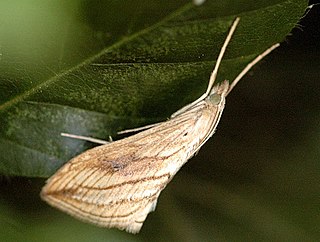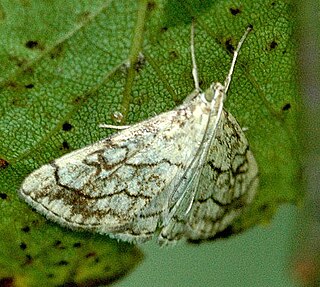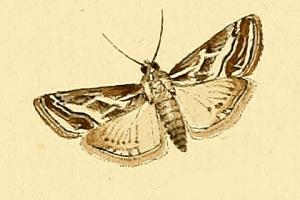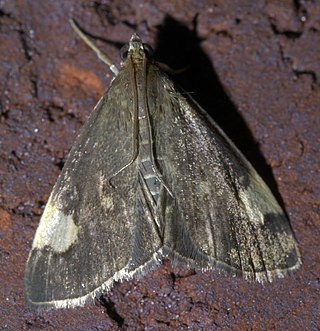
Syria, officially the Syrian Arab Republic, is a country in West Asia located in the Eastern Mediterranean and the Levant. It is bounded by the Mediterranean Sea to the west, Turkey to the north, Iraq to the east and southeast, Jordan to the south, and Israel and Lebanon to the southwest. Cyprus lies to the west across the Mediterranean Sea. It is a unitary republic that consists of 14 governorates (subdivisions). A country of fertile plains, high mountains, and deserts, Syria is home to diverse ethnic and religious groups, including the majority Arabs, Kurds, Turkmens, Assyrians, Circassians, Armenians, Albanians, Greeks, and Chechens. Religious groups include Muslims, Christians, Alawites, Druze, and Yazidis. The capital and largest city is Damascus, followed by Aleppo, Homs, Latakia, Hama, Deirezor, and Raqqa. Arabs are the largest ethnic group, and Sunni Muslims are the largest religious group. Syria is now the only country that is governed by Ba'athists, who advocate Arab socialism and Arab nationalism.

Evergestis forficalis, the garden pebble, is a species of moth of the family Crambidae. It is found in Europe, the Palearctic and North America. The species was described by Carl Linnaeus in his 1758 10th edition of Systema Naturae

Evergestis extimalis is a species of moth of the family Crambidae. It is found in the Palearctic.

Evergestis limbata is a species of moth of the family Crambidae first described by Carl Linnaeus in 1767. It is found in Europe.

Evergestis pallidata is a species of moth of the family Crambidae described by Johann Siegfried Hufnagel in 1811. It is found in Europe, across the Palearctic and in North America.

Evergestis is a genus of moths of the family Crambidae described by Jacob Hübner in 1825. A number of species are pests, including the cross-striped cabbageworm, a pest of cole crops such as cabbage.

The Syrian civil war is an ongoing multi-sided conflict in Syria involving various state-sponsored and non-state actors. In March 2011, popular discontent with the rule of Bashar al-Assad triggered large-scale protests and pro-democracy rallies across Syria, as part of the wider Arab Spring protests in the region. After months of crackdown by governments security apparatus, various armed rebel groups such as the Free Syrian Army began forming across the country, marking the beginning of the Syrian insurgency. By mid-2012, the crisis had escalated into a full-blown civil war.

Evergestis frumentalis is a moth of the family Crambidae. It is found from the Iberian Peninsula through southern and central Europe and southern Fennoscandia to central Asia and southern Siberia. The species was first described by Carl Linnaeus in 1761.

Evergestis aenealis is a species of moth in the family Crambidae. It is found in most of Europe, except Ireland, Great Britain, the Benelux, Portugal, Slovenia and Ukraine.
Evergestis caesialis is a species of moth in the family Crambidae. It is found in Italy, Croatia, Bosnia and Herzegovina, Romania, Bulgaria, the Republic of Macedonia, Greece, Iran and North Africa, including Morocco.

Evergestis desertalis is a species of moth in the family Crambidae described by Jacob Hübner in 1813. It is found in Spain, Romania, Bulgaria, Ukraine (Crimea), south-eastern Russia, on Sicily, Malta and Crete, Arabia and North Africa, including Algeria and Tunisia.

Evergestis infirmalis is a species of moth in the family Crambidae. It is found in Greece, European Russia, Northeast Caucasus, Turkey and Syria.
Evergestis mundalis is a species of moth in the family Crambidae described by Achille Guenée in 1854. It is found in France, Spain, Italy and Greece. In the east, the range extends to Armenia.
Evergestis mimounalis is a species of moth in the family Crambidae. It is found in the Middle Atlas and High Atlas mountains in Morocco. Adults have been recorded on wing from July to September.
Evergestis angustalis is a moth in the family Crambidae. It was described by William Barnes and James Halliday McDunnough in 1918. It is found in North America, where it has been recorded from California and Arizona.
Evergestis funalis is a moth in the family Crambidae. It was described by Augustus Radcliffe Grote in 1878. It is found in North America, where it has been recorded from Alaska, Arizona, British Columbia, California, Colorado, Nevada, Oregon, Utah and Washington.
Evergestis obliqualis is a moth in the family Crambidae. It was described by Augustus Radcliffe Grote in 1883. It is found in North America, where it has been recorded from Arizona, California, Colorado, New Mexico, Texas and Utah.

Evergestis unimacula, the large-spotted evergestis moth, is a moth in the family Crambidae. It was described by Augustus Radcliffe Grote and Coleman Townsend Robinson in 1867. It is found in North America, where it has been recorded from Georgia, Illinois, Indiana, Iowa, Maryland, Michigan, North Carolina, Ohio, Oklahoma, Ontario, Pennsylvania, Quebec, Tennessee and West Virginia. Outliers have been recorded from Florida.
Evergestis vinctalis is a moth in the family Crambidae. It was described by William Barnes and James Halliday McDunnough in 1914. It is found in North America, where it has been recorded from Alberta, Arizona, British Columbia, California, Colorado, Kansas, Montana, Nevada, New Mexico, Texas and Wyoming.
Evergestis junctalis is a moth in the family Crambidae. It was described by Warren in 1892. It is found in Japan and on the Kuriles.










